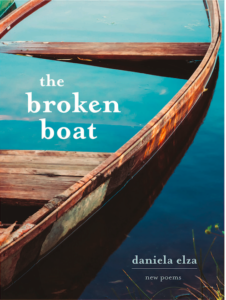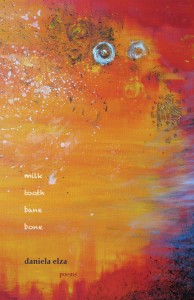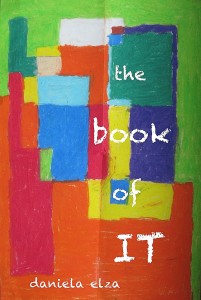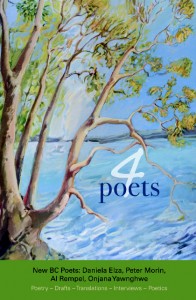of earthly cosmologies
Posted by Daniela Elza on Aug 27 2011
Will be going to hear David Abram speak next Wednesday (details below).
- Becoming Animal: An Earthly Cosmology by David Abram
Wednesday, August 31, 2011, 7:30pm. @ Canadian Memorial Center for Peace, 1825 W, 16th. Tickets: $10 (call 604-737-8858 to get your ticket).
I heard of him first through his book The Spell of the Sensuous: Perception and Language in a More-Than-Human World. I am still working my way through it. Not because it is hard to read, but because it is so full. Here is what The Spirited Review writes of the book.
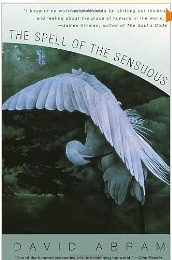
And here are some quotes form the book:
“The life-world is the world of our immediately lived experience, as we live it, prior to all our thoughts about it. … reality as it engages us before being analysed by our theories and our science.â€
“Our spontaneous experiences of the world, charged with subjective, emotional, and intuitive content, remains the vital and dark ground of all our objectivity.â€
“Language is not a fixed or ideal form, but an evolving medium we collectively inhabit, a vast topological matrix in which the speaking bodies are generative sites, vortices where the matrix itself is continually being spun out of the silence of sensorial experience.â€
“To touch the coarse skin of a tree is thus, at the same time, to experience one’s own tactility, to feel oneself touched by the tree. And to see the world is also, at the same time, to experience oneself as visible, to feel oneself seen.”
“From the magician’s, or phenomenologist’s, perspective, that which we call imagination is from the first an attribute of the senses themselves; imagination is not a separate mental faculty (as we so often assume) but is rather the way the senses themselves have of throwing themselves beyond what is immediately given, in order to make tentative contact with the other side of things that we do not sense directly, with the hidden or invisible aspects of the sensible.”
—from The Spell of the Sensuous: Perception and Language in a More-Than-Human World, by David Abram (1996)
So I have been thinking, catching thoughts buzzing in my head lately: something about our attention, something about awareness, where we places it, something about consciousness, something about who has more of it, who has less, about being and not.
I am also currently reading The Philosophical Baby: What children’s minds tell us about Truth, Love, and the Meaning of Life by Alison Gopnik.

Much of what scientist are showing/proving/ investigating now around children and their minds works for me. It is always pleasant to find what I observe and intuit in my poetic investigations on the topic is getting its scientific underlining, hems, and buttons.
The other day in a small group of enthusiastic writers/readers I admitted that I do not read too many novels (hence I did not feel adequate in the novel discussions afoot). One person turned to me and asked “You don’t read much…?” That could have been a question, or an unfinished sentence, since in fast conversations among numbers of people threads get dropped and picked up with the speed of lightning, which can also be quite refreshing…
but I was stumped, do not remember answering….
So perhaps this could be the answer. But I cannot define all the directions in which I read. Sometimes we guide our reading. Make choices perhaps imposed from outside. At my best, with my reading, I do not follow too many outside guidelines. Maybe, I have the psychology of a bee, following lines that I cannot always explain why I am drawn or compelled to read this or that book. Or what dance got me here. But I know I am on the right track when honey is made.
Sometime we have to read by stepping barefoot on the grass. Digging our toes in the earth. Sitting by a tree in the deep shade of the wood where the last sunbeam reminds you to worship the light. Or sometimes we read by growing things. So there are many many ways to read. And there is so much to read and so little time.
Back to pollination and cross-pollination.
